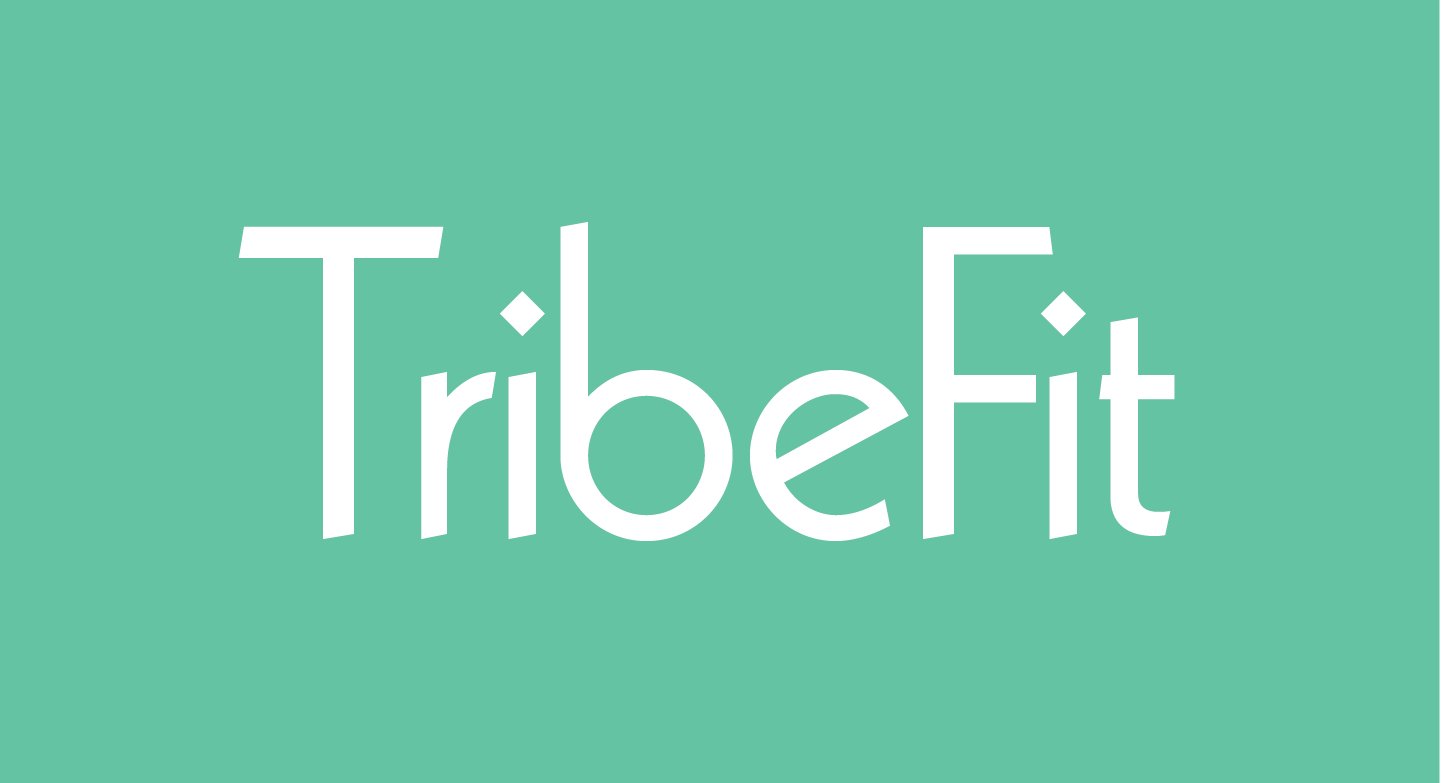Why Spending More Time With Clients Can Devalue You
Breaking the "Time Equals Value" Myth
One of the biggest misconceptions fitness coaches and trainers fall into is the belief that spending more time with clients automatically means more value. But the reality is, the more time you give, the more your perceived value can drop.
In this post, we break down why this happens, how to escape the trap, and how you can actually boost your income, results, and reputation by spending less time — the smart way.
Why More Time Can Equal Less Value
Here are key reasons why overextending yourself backfires:
Diminishing Returns: More effort doesn’t always mean more results. Often, it leads to burnout and a poor client experience.
Devaluation: When you're too available, clients subconsciously think you aren't in demand. Less demand = less value.
Poor Boundaries: Letting sessions overrun or giving free support depletes your time and signals low professionalism.
Real Examples from Coaches in the Field
A coach earning over $117k/month found one of his trainers constantly capped out at 10 clients while others handled 20. Why? He believed more time = better service. But it wasn't sustainable.
Another online trainer doing $20K/month insisted on daily 10-minute calls with each client. The result? Clients started canceling calls and feeling annoyed, eventually questioning the value of the program itself.
The Problem with Selling Time Instead of Results
Whether you train online or in person, if you sell time-for-money, you’re limiting:
Your income ceiling
Your energy and time
Your client experience
Here’s what happens when you connect more time with more value:
You become overbooked and underpaid
Clients stop respecting your time
You struggle to scale your business
What Clients Really Want
Clarity
Structure
Results
Leadership
They don’t want to talk about the weather every day. They want to go from Point A to Point B fast, efficiently, and with confidence.
How to Shift From Time-Based to Value-Based Coaching
Set Time Boundaries
Clearly define session durations
Avoid letting sessions bleed over
Respect your schedule
Use Systems and Automations
Package your info into scalable resources
Automate common touchpoints
Free up time without losing quality
Leverage Social Proof
Show you're in demand
Share success stories and testimonials
Let your work speak louder than your time
Focus on Results, Not Minutes
Deliver transformations, not time
Coach with intention, not duration
Why This Matters to Your Business
Clients who see you as high-value:
Pay on time
Don’t ask for discounts
Stick around longer
Refer friends
Your perceived value increases as your availability decreases. Just like Apple doesn't hand out iPhones on a first-come-first-serve basis, you shouldn't be giving your time freely. High demand equals high value.
Stop Digging the Hole Deeper
If you’re stuck in this trap of over-delivering time for the sake of value, it’s time to climb out. Value doesn’t come from giving more of your time. It comes from getting your clients better, faster, and smarter results.
More time does NOT equal more value.
More results = more value.
Want more tips, tools, and real-world insights?
✅ Read our full breakdown and check out real Tribefit reviews here
Tribefit Reviews: What Clients Are Saying
Thinking of joining? Read a detailed Tribefit review from coaches just like you
Discover how much Tribefit cost and whether it’s worth the investment
Worried about a Tribefit scam? We break it down for you here
👉 Check out all Tribefit reviews and testimonials
If you have questions or need help setting up systems that let you work smarter, not longer, reach out anytime via social media or email: [email protected]
To your freedom and future,
Chris
Founder, Tribefit






